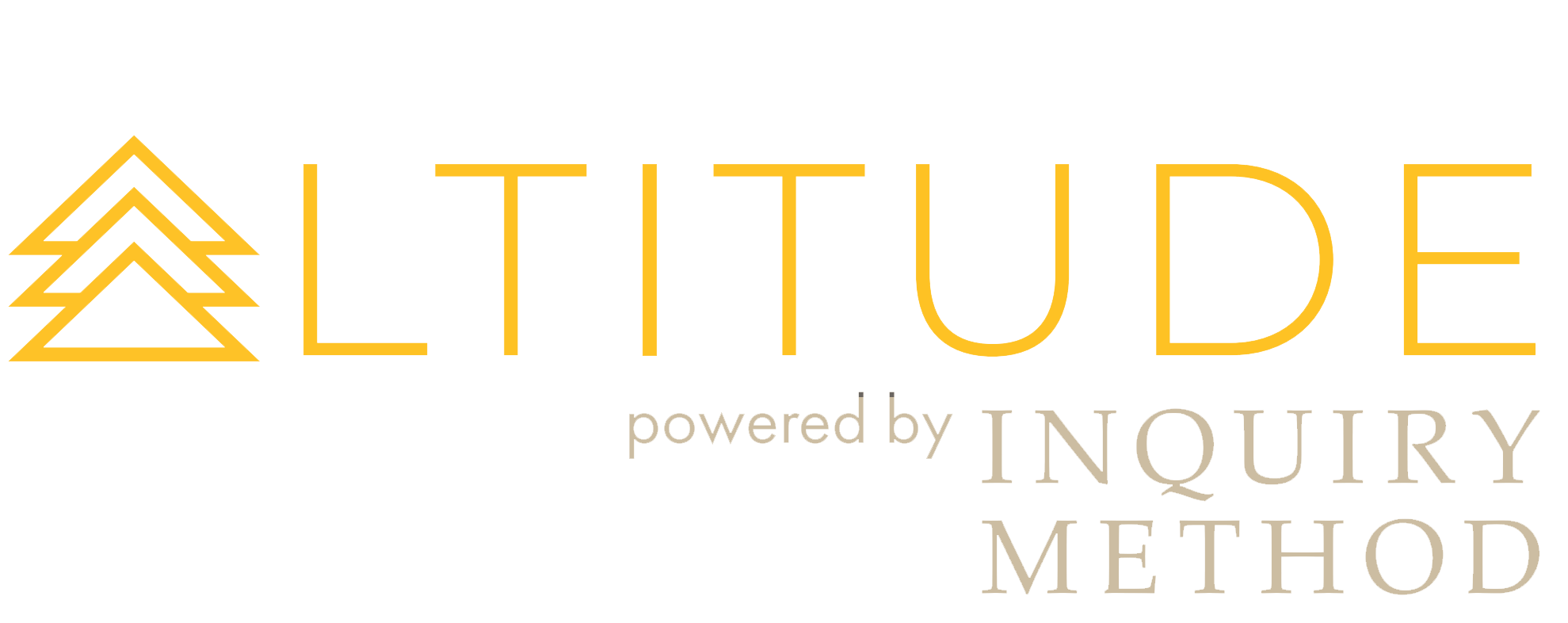Attachment, Love and Duty
Many of you have heard me talk about parenting and our relationships with our children. This is a very charged subject and therefore one of the most fertile areas to find opportunities to grow and expand our consciousness.When we talk about children, it is almost impossible to not speak about giving ourselves away.As a culture we tend to give ourselves away. Often we interpret love, duty, and care as giving away part of our spirit or self-concept. As a social or emotional contract, we literally attach part of ourselves, or receive a part of someone else, or both,.Within this contract we are trapped. When the other person goes up, we go up, or vice-versa; we go down when they go up. We either feel responsible for the other person or feel the other person is responsible for us. Within this contract there is often resentment, control, guilt, fear, anger, conflict, neediness, dependence, etc., which taints the relationship and even interferes with love.Taking oneself back is a fundamental key to whole, loving relationships. Love is truly about freedom, but we often twist it into a trap.Taking oneself back is a liberating experience for you and those you have given yourself to.Letting people have themselves back is a truly loving act, giving them freedom.In Yoga Philosophy, giving self away would be considered “attachment.” And in yoga philosophy, you would discover that letting go of attachments is on the path to realization, enlightenment.In my recent adventure I received an additional piece to this giving self away puzzle that I feel may be very helpful to many of you who work with this issue.I learned that there are three aspects to family or relationships. not just attachment and love. Those three aspects are:DutyLoveAttachmentI always knew duty was there, but I had rarely talked about it because the emphasis was always on the letting go part, the attachment part. Lets look at these three relative to parenting.We already know that when we make our children’s lives our own, attachment (giving self away) is what muddies the water. We get attached to how their lives turn out, with who they are being, with how they should be, their accomplishments, their happiness, etc. As soon as the attachment comes in, the expression of love goes out.What?!Yes, the love goes out, love is really about freedom. It is seeing the uniqueness of a person and their journey in the world and amplifying it, loving it. It is not about control or how someone’s life turns out, it is about the joyful greeting of their individual spirit and their unique path. Love is witnessing this unique being in wonder and gratitude. As soon as we want it to be different, the love goes out.This is where it always gets sticky in the parenting conversation:“How do I love my children without giving myself away and be a good parent?”That is the rub.That is where duty comes in.What is your duty as a parent?All of your parenting (relationships) will blossom when you let go of attachment to your children (and all of your relationships).When you are clear about what your duty is, you can love freely and deeply.I believe this deserves some thought. What is your duty to others? What is your duty to yourself?The nice thing about duty, over attachment and giving yourself away, is that once you have done your duty, you are free to love and let others have their lives just the way that they are supposed to be. You no longer have to worry about what happens; it is just their life. You are free from guilt.I suspect that my sense of duty as a parent is more streamlined than most, but what you choose to see as your duty is up to you. The clearer you are about your duty the closer you will come to love and experiencing true freedom in your relationships.I believe that it would be worth some real attention to clarify what your duty is in all your relationships, and then to let go of all the attachments that interfere with your love.
